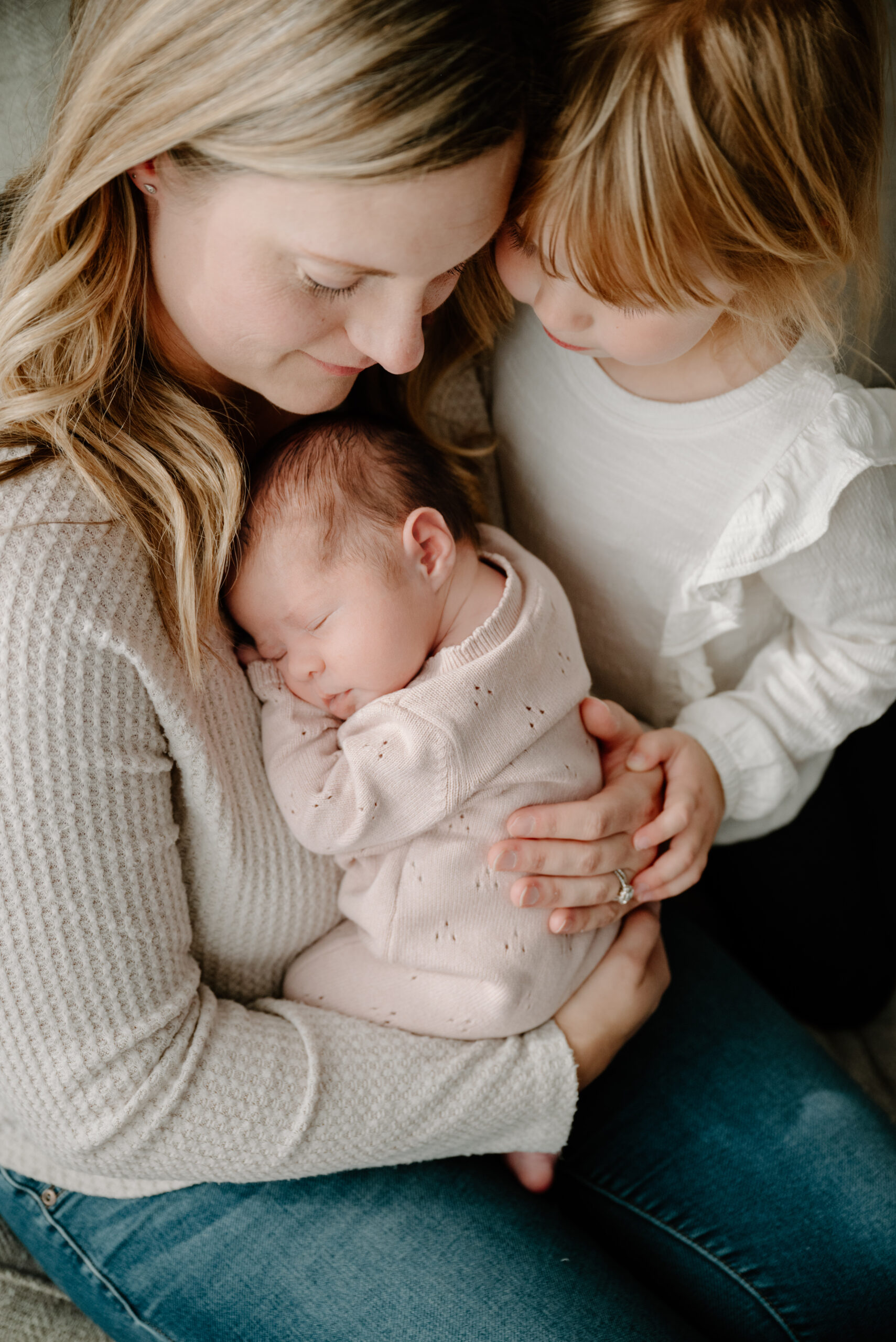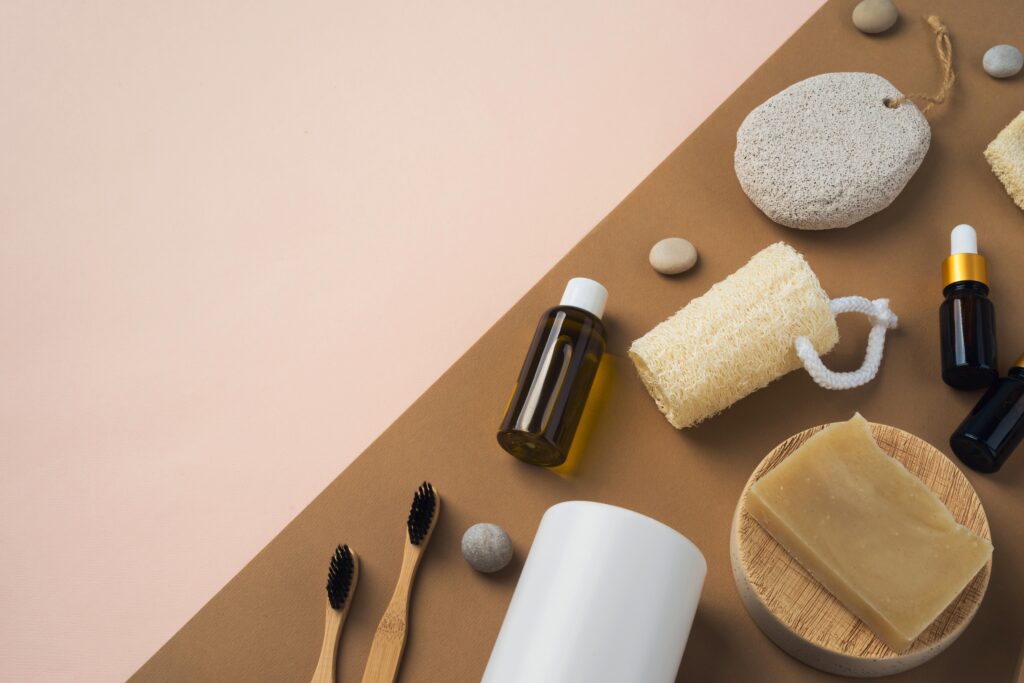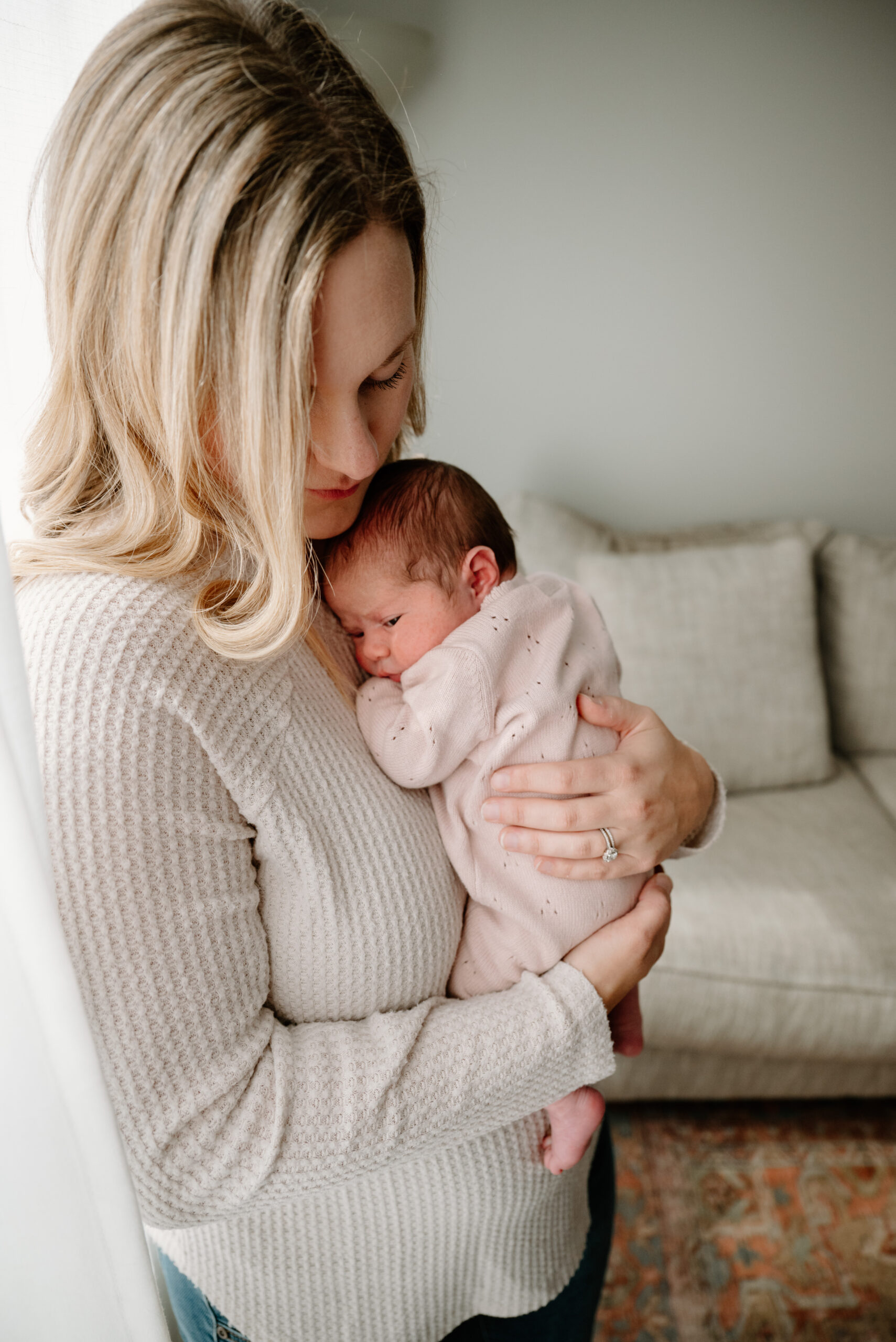Postpartum Support in Annapolis: Breaking the Baby Blues Taboo
When it comes to motherhood, there’s a lot of talk about the cute onesies, the sleepy snuggles, and the “so worth it” moments. But what about the stuff we don’t say out loud? The stuff that feels heavy and confusing and… not what you expected? That’s where postpartum support in Annapolis becomes so important—but it’s often the last thing we talk about.
Postpartum mental health is often whispered about—if at all. But not here. That’s why I want to talk about something that matters deeply to me: what support can actually look like for real moms. Whether you’re pregnant and preparing, in the thick of newborn life, or months into the postpartum fog, I hope this gives you a sense of comfort and clarity.
You’re not broken. You’re not a bad mom. And you’re definitely not alone!

1. Let’s Start with the Truth: Postpartum Support in Annapolis Begins with Talking About It
There’s this unspoken pressure that after having a baby, you’re supposed to feel nothing but bliss. But motherhood isn’t always magic right away. Sometimes it’s tears you can’t explain, feeling out of sync with your baby, or just not feeling like you anymore.
And when we don’t see this part reflected in the world around us, it’s easy to think something’s wrong with us. But it’s not.
The more we talk about this stuff, the more we chip away at the shame and isolation that so many new moms carry. So, if you’ve ever felt like you’re the only one struggling—trust me, you’re not. Talking about it is the first brave step toward feeling better.
2. What You’re Feeling Might Be More Than Just “Baby Blues”
Okay, so there’s the “baby blues,” which many moms experience in the first couple weeks—think mood swings, weepiness, feeling overwhelmed. But if those feelings stick around or start to get more intense, it could be something more.
Important note: I’m not a medical or mental health professional, and nothing in this post should be taken as medical advice. I’m just a mama and a photographer who has walked alongside other mamas through all different seasons—and I care deeply about this part of the story, too.
Postpartum depression, anxiety, and other mental health challenges are so common, and yet so many of us feel like we have to keep quiet about them. But struggling after birth doesn’t make you a bad mom—it makes you human.
You might experience:
- Crying more than usual
- Constant worry or panic
- Feeling irritated or overwhelmed easily
- Disconnection from your baby or partner
- Difficulty sleeping or eating
- Feeling hopeless or numb
These symptoms can look different for everyone. I’ve had friends who didn’t even realize what they were feeling had a name—or that support was out there. Knowing the signs is one step closer to getting the help you deserve.
Still, it’s always best to consult with healthcare or mental health professionals who specialize in postpartum care for a full understanding and the right support for you. If you’re local to the Annapolis area, I recommend checking out places like Annapolis Counseling Center or you can look for providers in your area through PSI’s Provider Directory.
3. Help Is Not Weakness—It’s the Most Powerful Thing You Can Do for Postpartum Support in Annapolis
Asking for help doesn’t mean you’re failing. It means you’re human.
If you’re looking for postpartum support in Annapolis, you don’t have to search alone—there are real resources out there, and moms like you who get it.
Yes, mental health professionals trained in postpartum care can help you feel more like you again. That might look like therapy, medication, or support groups. But it can also look like calling a friend and saying “I’m not okay,” setting a boundary with family, letting your partner take over bedtime, or saying no to things that drain you.
Support isn’t one-size-fits-all—and you’re allowed to find what actually helps you. Your baby doesn’t need a “perfect” mom. They need you. Cared for. Supported. Heard.
4. Self-Care Isn’t Fluffy—It’s Vital
Yes, bubble baths are nice. But I’m talking about the kind of self-care that helps you heal. The kind that fills your cup in ways that actually matter.

Here are some local self-care ideas that might resonate with you:
- Art therapy or paint nights: ArtFarm Annapolis
- Yoga or mindfulness classes: Blue Lotus Yoga Studio
- Cooking classes: TasteBuds Kitchen
- Nature walks and quiet time: Quiet Waters Park
- Mama fitness + connection: FIT4MOM Chesapeake
- Cozy reading or journaling spots: Old Fox Books & Coffeehouse
You don’t have to do all the things—just pick what feels good, what fills your soul, and gives you a moment to just be you.

5. From One Mama to Another…
I’ve been there. I experienced postpartum anxiety after having my first child, and I remember filling out the postpartum depression questionnaire at my doctor’s office and being right on the edge. I was scared of being diagnosed with PPD, so I told the nurse practitioner I was “fine.” Looking back, that probably wasn’t the best move—but in the moment, I didn’t know how to ask for help, or what would happen if I did.
That’s why this conversation matters to me so much. Because mental health isn’t just something we “deal with” during the newborn phase—it’s a lifelong part of showing up for ourselves and our families.
Even now, with my kids being older (they’re 9 and 4), self-care and mental health are still a huge part of my life. I go to therapy regularly, and I try really hard to give myself at least an hour of “me time” every day—during the day—so I don’t fall into the habit of staying up way too late after the kids go to bed just to have time to myself (you know the drill). That was actually something my therapist encouraged me to do, since I’m constantly in mom/wife/work mode.
I’ve learned that taking care of myself isn’t selfish. It’s necessary. When I make space to care for my whole self, I can show up more fully and freely for the people I love—and they get all of me, not just the scraps left over.
So if you’re in a hard season, or even if you’re just feeling a little off, I hope you know it’s okay to say it out loud. You matter, too.
Motherhood is raw and beautiful and hard—and we weren’t meant to do it alone.
Download “You’re Not Alone, Mama” – A Simple Support + Self-Care Checklist
Feeling a little off, overwhelmed, or just trying to come back to yourself after baby? This guide was made for real moms (like you) who need a moment to breathe, reflect, and take care of themselves—without the pressure.
What’s inside:
- Gentle questions to help you pause and check in with yourself
- Self-care ideas that are actually doable—even on hard days
- Local wellness resources in and around Annapolis, Maryland
- A warm reminder: you’re not alone, and you don’t have to do this by yourself
Before You Go, Mama…
Whether you’re planning ahead or currently struggling, there’s no shame in talking about these challenges. Let’s face them together, not in silence.
If you’re ready to capture this chapter in a way that feels true to you, come take a peek at my experiences!
